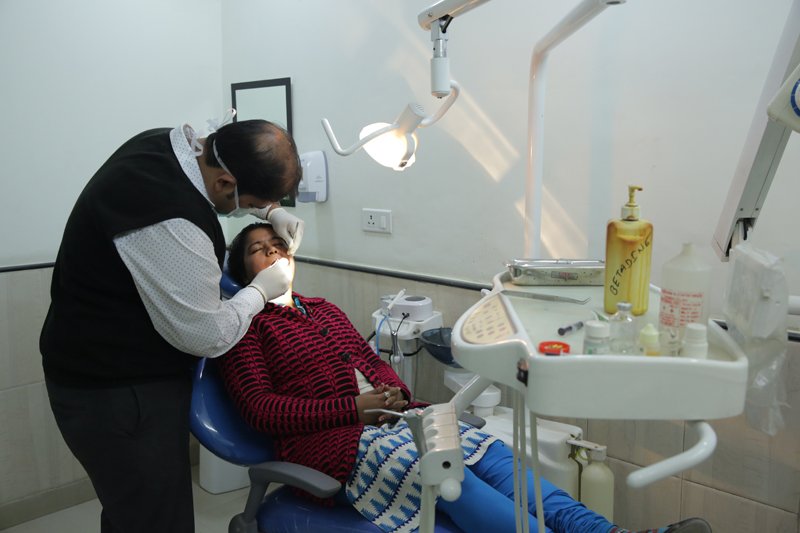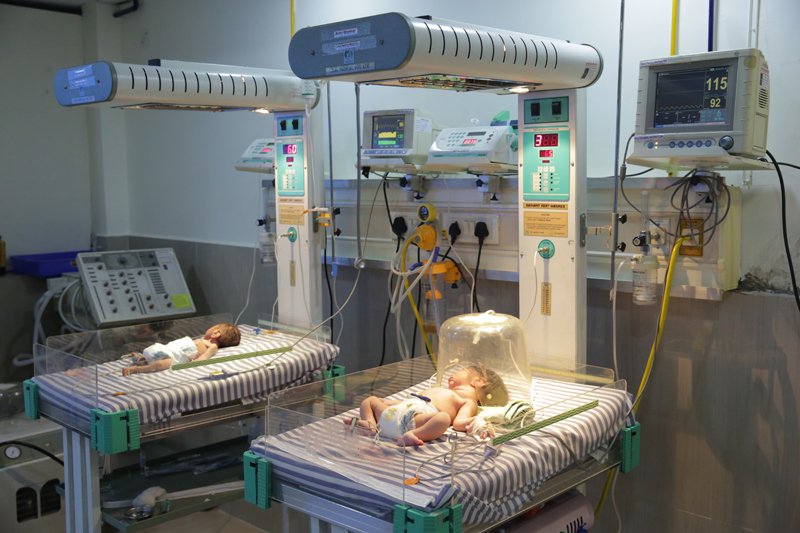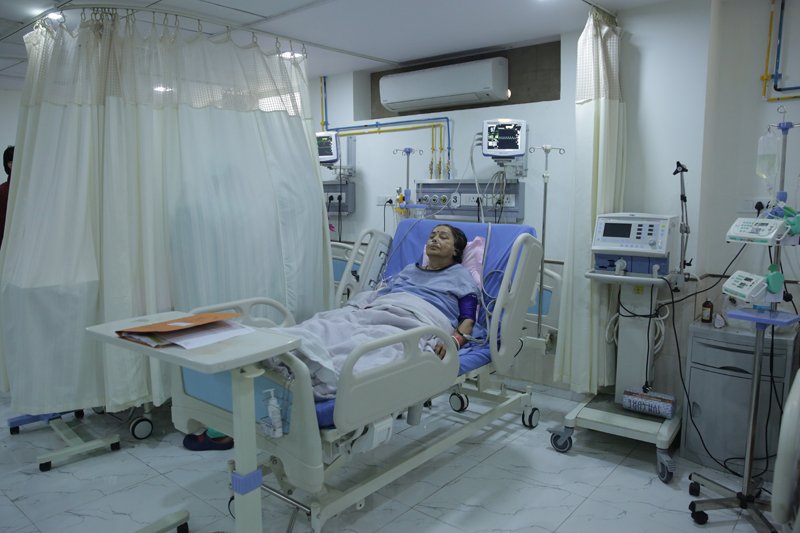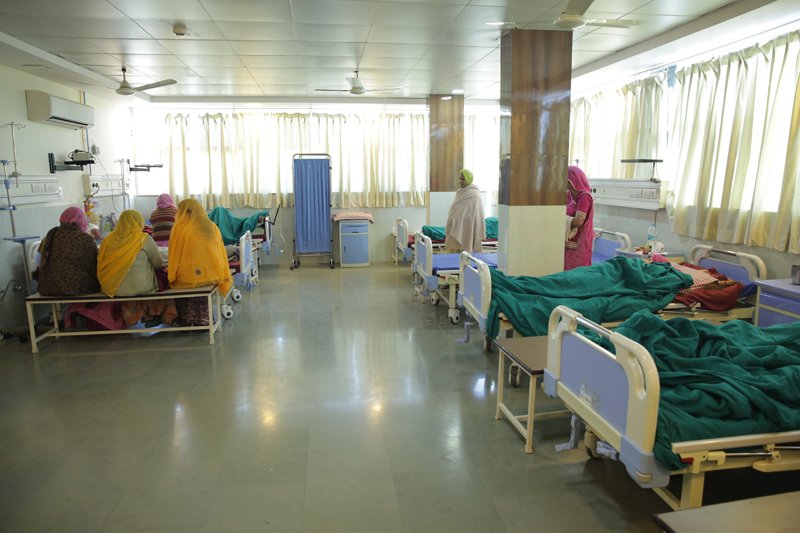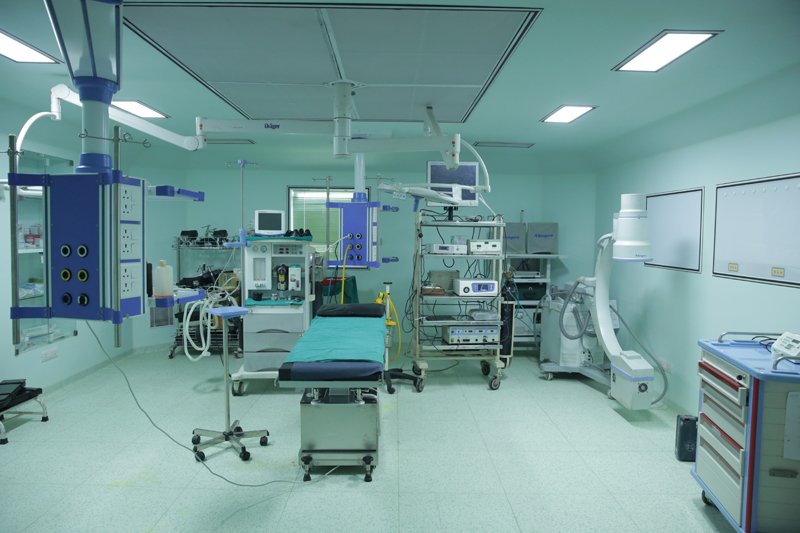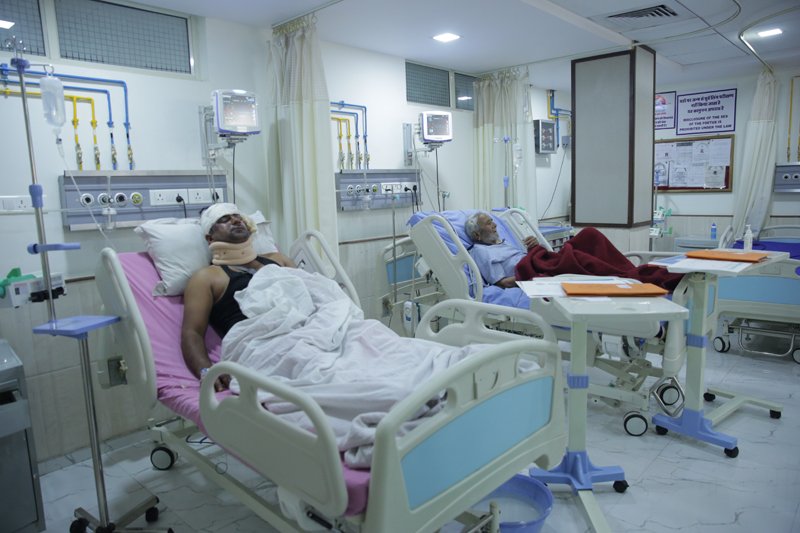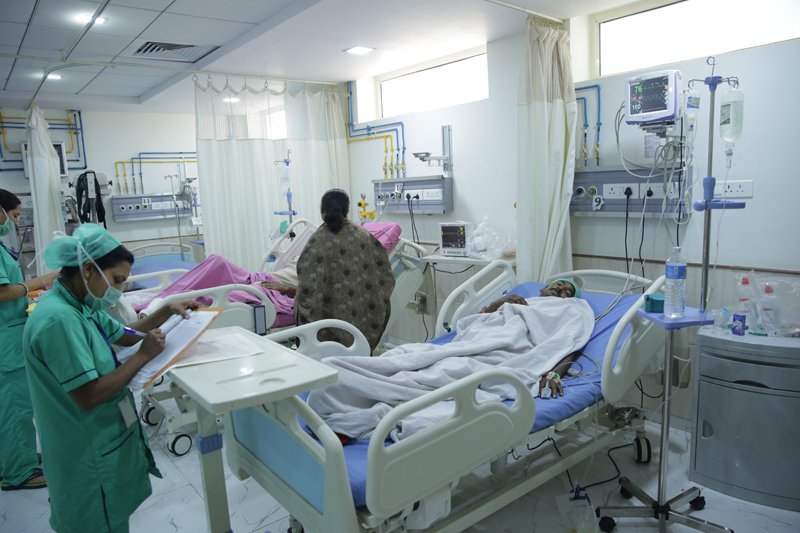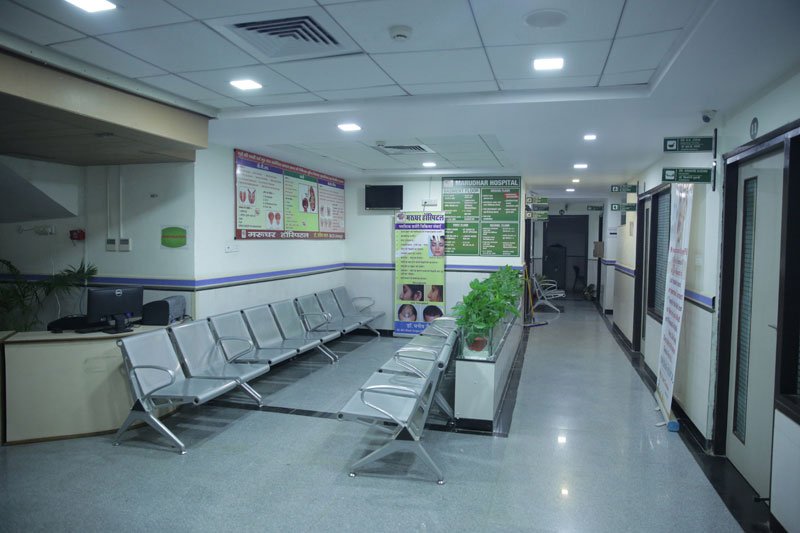- Orthopaedics & Joint Replacement
- Department Of Anaesthesia
- Department of Gastroenterology
- Department of Cardiology
- Department of Plastic Surgery
- Emergency and Trauma Care
- Obstetrics and Gynaecology
- Physiotherapy & Rehabilitation
- Department of Medicine
- Laparoscopic Surgery
- Paediatric Surgery
- Dental Sciences
- Neurosurgery
- Nephrology
- Paediatrics
- Neurology
- Urology
- Ent
- Sunday
- Monday
- Tuesday
- Wednesday
- Thursday
- Friday
- Saturday
+91-8094482221
Emergency Cases
Department of Nephrology

Nephrology is the branch of medicine which is concerned with medical disorders that affect the kidney. There are many conditions in which the kidneys can fail and nephrologist is concerned with identifying and treating these disorders. When irreversible failure occurs and dialysis is required the patient is managed by a nephrologist. Transplants are usually done by surgeons (transplant surgeons or urologists). The follow up of the patient after transplant is done by the nephrologist.
The kidneys are a pair of organs located within the abdomen. The kidney’s main function is to excrete waste substances (end products of metabolism of the food we eat) and excess water from the body in the urine. Urea is generated from the metabolism of proteins. In addition, the kidneys perform many other important functions. The urine that is formed in the kidneys passes into the ureters and then into the urinary bladder. The urine is stored in the bladder and is eliminated from the body by passing through the urethra.
It must be emphasized that early referral to a nephrologist is necessary to correctly diagnose and treat the disorder, and initiate measures to slow down the rate of progression of disease. In many instances, the patients are only aware of their ailment at a late stage of kidney failure, requiring emergency dialysis.
Hospital is well equipped for dialysis procedure.
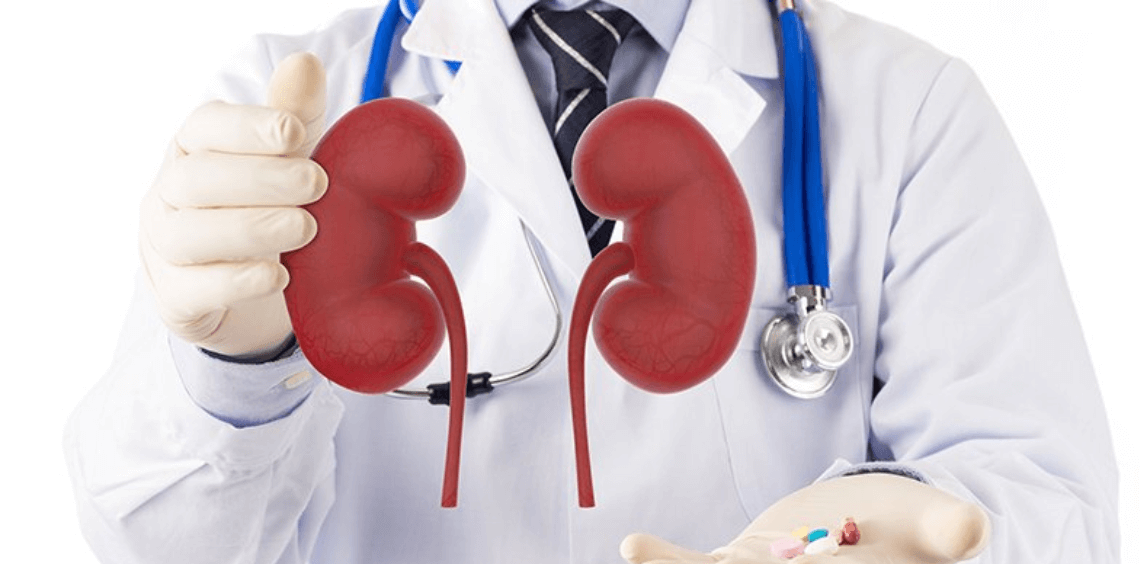
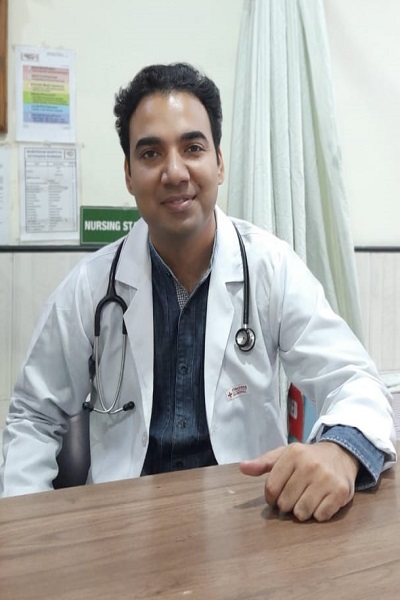
DR. VARUN SABOO
PAEDIATRICIAN MBBS,D.C.H
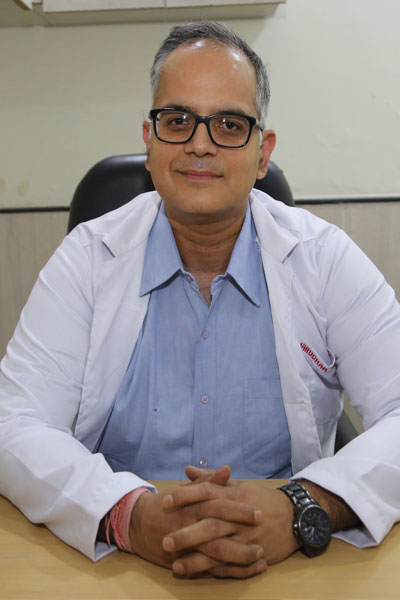
Dr-prateek-vyas
NA

dr-jyotima-saxena
NA
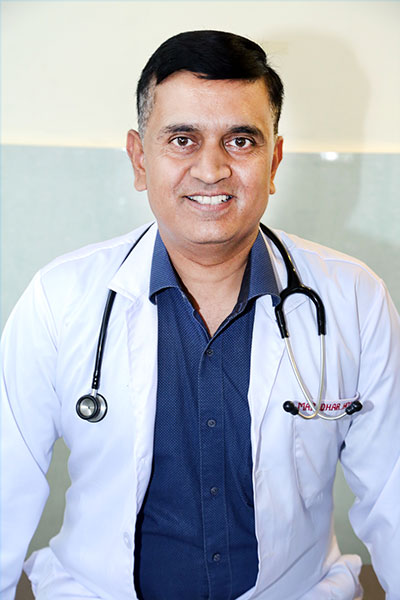
Dr-RK-bhal
NA


